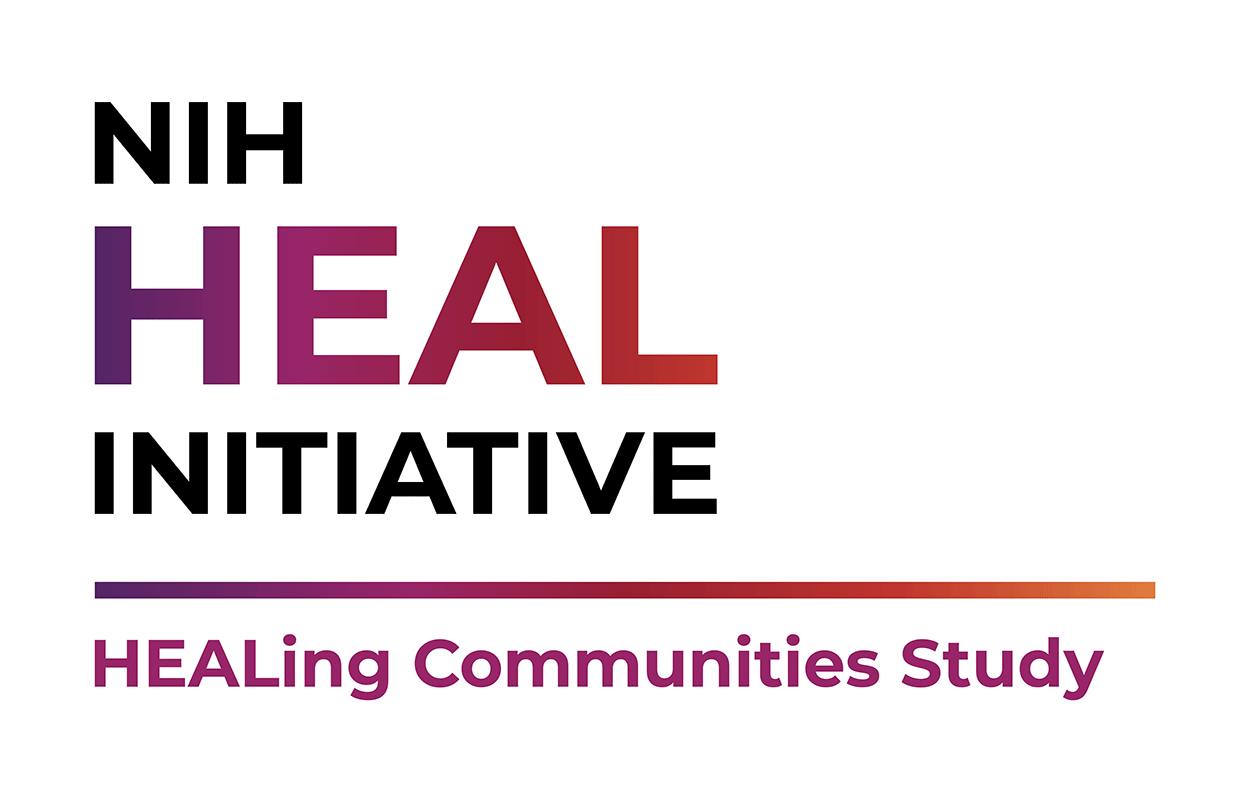Home > Community Resources > Opioid use disorder and addiction are treatable
Opioid use disorder and addiction are treatable.


Addiction is a chronic, relapsing disorder characterized by compulsive drug seeking and use despite negative consequences. It is the most severe type of substance use disorder, but it is treatable.
Why are drugs addictive?
Addiction happens because drugs can alter important brain networks that are necessary for life-sustaining functions. How does this happen? Opioids and other drugs cause large amounts of the chemical dopamine to be released in the brain, causing changes in neural connectivity that encourages the brain to seek drugs again at the expense of other healthier goals and activities.
When a person tries to have that feeling again, or more often, they can continue to seek drugs at the expense of other important things in their life, such as relationships and work. With repeated exposure to opioids, the brain adapts to the presence of the drug, making it difficult to feel pleasure from anything else. This brief video explains why drugs are so hard to quit.
What is opioid use disorder?
If people continue to use opioids despite negative consequences, they likely have an opioid use disorder (OUD). Here are some of the signs used to diagnose an OUD:
-
Strong urges (cravings) to use opioids
-
Trouble cutting down or quitting
-
Needing more opioids to get the same effect
-
Feeling sick (withdrawal) if trying to stop
-
Not taking care of work, school, home, or other responsibilities
-
Problems with family and friends; spending more time with others who use opioids
-
Spending lots of time getting or using opioids, or using in dangerous situations
-
Not taking care of sleep, exercise, hygiene, or diet; having physical problems
How to find treatment
Use these Step-by-Step Guides to find information on:
-
how to know if you have a substance use disorder,
-
how to find help,
-
information on medication and counseling,
-
what to look for in a treatment center,
-
how support groups fit into your treatment program,
-
cost and privacy issues, and
-
other resources.
